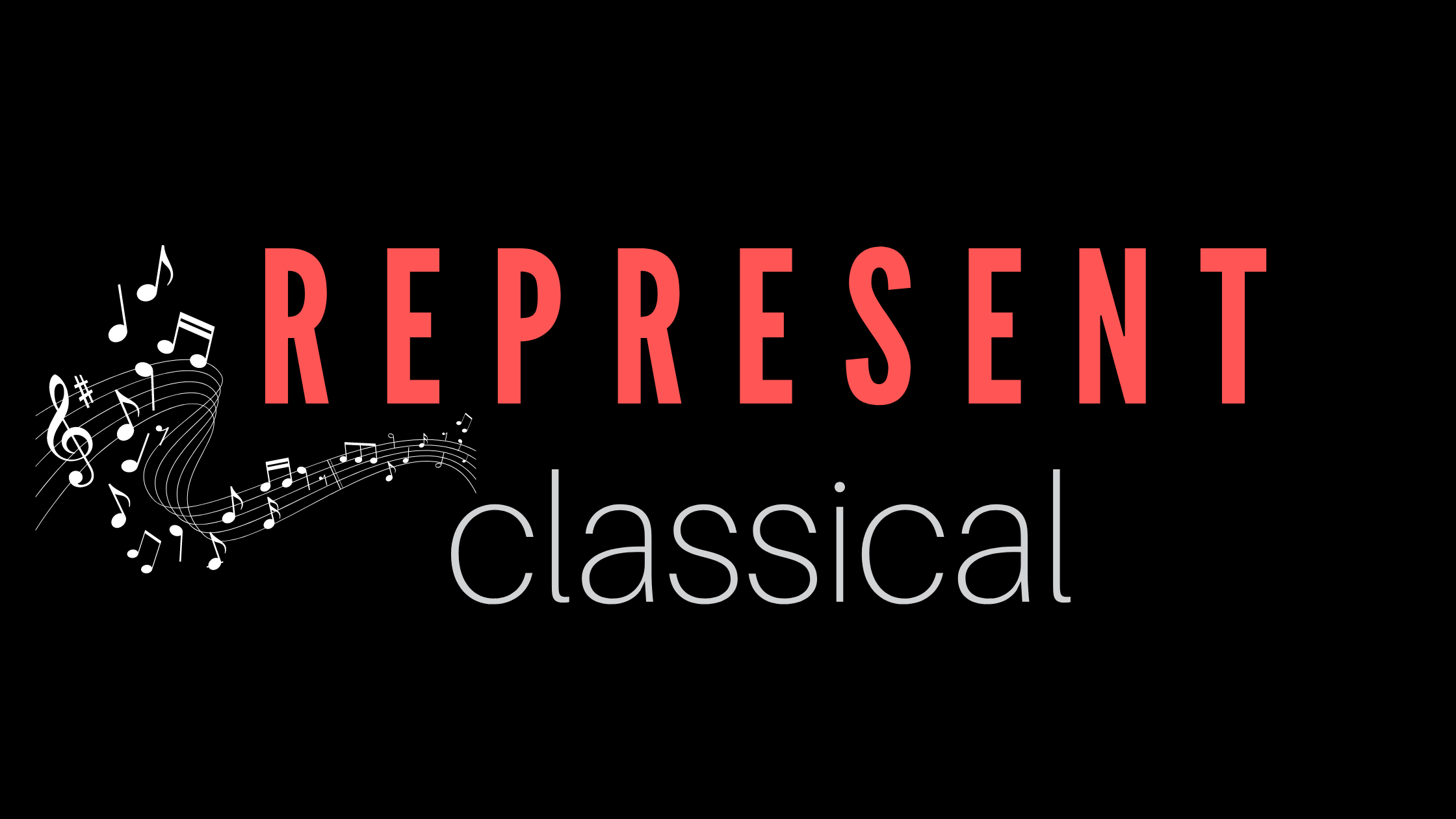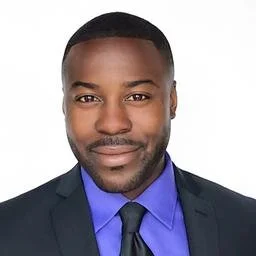Featuring music by living Black composers, the concert program will be led by Interlochen Orchestra director Dr. Leslie Dunner, recipient of the Leonard Bernstein American Conductors Award and the NAACP's James Weldon Johnson and Distinguished Achievement Awards.
Read MoreThe action was the longest strike by adjunct college faculty in U.S. history and part of an increasing trend in worker uprisings at U.S. colleges and universities this year.
According to a post on the union's strike update website "You Are The New School", the agreement represents what part-time faculty are calling "significant achievements" for the teachers who make up about 87% of the school's faculty.
Read MoreYet through intelligent curation and a bit of ingenious staging, a clear but multifaceted thematic line emerged: combining performances and reimagining pieces by Samuel Coleridge-Taylor, Coleridge-Taylor Perkinson,Julia Perry, and Stewart himself with call-and-response, group singing, and even a mid-concert dialogue, pulling from community and scholarly knowledge offered by Stewart, Blachly, and guest lecturer Dr. Fredara Hadley, also of the Juilliard School.
Read MoreThe George Walker Center for Equity and Inclusion in Music opened April 16 at the Eastman School campus at the University of Rochester campus.
The dedication included remarks by University of Rochester President Sarah Mangelsdorf; Jamal J. Rossi, Joan and Martin Messinger Dean at Eastman; Ian and Gregory Walker, sons of George Walker, and others, as well as performances of Walker’s chamber music works.
Read MoreThe four day “Bent Not Broken” choral conference highlighting the works of Black choral composers will take place April 27 to 30 at Grace United Methodist Church in Wilmington, DE.
Organized by The Choir School of Delaware, the event will feature the American Spiritual Ensemble, led by conductor Everett McCorvey; EXIGENCE, led by conductor Eugene Rogers; Westminster Choir College Jubilee Singers, led by conductor Vinroy J. Brown, Jr.; the St. Thomas Gospel Choir; and the Choir School of Delaware, with conductor Jason Max Ferdinand.
The event will include a variety of workshops and seminars led by distinguished guest lecturers, and an Honor Choir of choristers age 12+ from youth community choirs, conducted by Alysia Lee and Maria Ellis.
Read MoreRepresent Classical’s popular video series, CONVERSATIONS, is now available to listen to on Spotify.
Hosted by Christine S. Escobar, Founder and Editor of Represent Classical, each episode of “CONVERSATIONS” features in depth interviews with industry leaders, notable musicians, movers, shakers, and innovators in classical music and related genres.
Stay tuned for Season 2 beginning in late spring with more insightful and thought-provoking discussions on the change that musicians of color are creating in the music industry.
Read MoreAccording to a newly published report by SMU Data Arts, unemployment in the arts doubled that of the national average in the U.S., with BIPOC individuals and those with disabilities bearing the brunt of the impact.
Although employment returned for some workers of the arts sector, this recovery appears to have been virtually nonexistent for BIPOC and disabled workers.
Read MoreChart-topping artists like Lil Nas X walked away empty handed, but people like Jazmine Sullivan and Doja Cat reaffirmed their footing with fans, and the Recording Academy, by taking home the highly coveted trophy in their respective categories. Even the biggest award, the Grammy for “Album of the Year”, went to Jon Batiste, who himself seemed to be surprised when his name was called, making him the 11th Black artist to win this award in Grammy history.
With these, and several other Black artists taking home awards, it would seem that the Recording Academy is paying close attention to the continued push for more Black representation in the way these awards are distributed, but a closer look shows there is still a high level of marginalization toward Black artists that many people ignore in light of the success of a select few.
Read MoreRC Editor Christine S. Escobar speaks with Brendan Slocumb in the latest installment of “Conversations” on finding opportunity, building habits for practice and discipline, and “The Violin Conspiracy”.
Each episode of Represent Classical’s “Conversations” series features in depth interviews with industry leaders, notable musicians, movers, shakers, and innovators.
Brendan Slocumb is violinist, music educator, conductor, and author.
Read MoreEveryone that I’ve talked to has some relationship in the music world to Suzuki. Their teacher was trained in it or their parents were involved in it. Everyone is like one person removed at most from Suzuki. To me, it was such a huge opportunity to connect with the organization, and to really build on its history. The Suzuki model and the Suzuki philosophy is founded on this idea that music can be a tool for developing youth, instead of music being just kind of this gift that we give to people. We're using music as a tool for young people to understand themselves, to understand how they want to contribute to society, to understand how to connect with each other, to connect with their families.
Read MoreBrendan Slocumb’s first novel, The Violin Conspiracy released this month by Anchor Books, an imprint of Penguin Random House, is charting on Amazon, has quickly gained national media buzz, and become a Good Morning America Book Club selection in only a matter of days. Its surprising success has caught its author pleasantly off guard.
Represent Classical spoke with the author and musician this week about the book and his personal inspiration behind the story.
Read MoreJames Sanders and his Latin jazz ensemble Conjunto, will celebrate the release of their new album, Evidencia on Friday at 8:30 p.m. with a performance at Constellation in Chicago.
Sanders is a violinist with the Chicago Sinfonietta orchestra, where he’s been a member since 1993. Though he didn’t study jazz during his college career or prior (he is a graduate of Yale), his dual musical citizenship, was mirrored in his bilingual upbringing.
Read MoreAs a student at Howard University in 2010, composer Jonathan Bingham attended a small chamber music concert by “The President’s Own” United States Marine String Quartet with about 40 other audience members. On the program was the 1st movement of a string quartet by the late composer Mark Fax (1911-1974). A private recording of the concert was made by Howard and shared with Bingham and other composition students and faculty.
Read MoreThe Sphinx Organization has awarded two grants of $100,000 and one grant of $97,500 for 3 projects that meet the Sphinx Venture Fund’s mission to support initiatives designed to solve a challenge or an issue related to diversity, equity, and inclusion (DEI) in classical music.
Read MoreA new gift of $2.1 million from The Andrew W. Mellon Foundation will support the League of American Orchestras’ next phase of their Catalyst Fund: an incubator program to advance equity, diversity, and inclusion practices in American orchestras. The new grant follows the receipt in 2019 of $2.1 million from the Mellon Foundation to fund a three-year pilot program that provided grants to 49 orchestras.
Read MoreThis August, a new music festival is coming to New York City highlighting musicians who are Black, Brown, Indigenous, and People of Color in genres ranging from classical to jazz to musical theatre.
The Omnipresent Music Festival will showcase the talents of BBIPOC composers and musicians through concerts, lectures, and seminars. The free 5 day series runs from August 9 to 14 at the Morris Jumel Mansion (Manhattan’s oldest surviving residence). No tickets are required.
Read MoreRC Editor Christine S. Escobar speaks with Armando Castellano: President, Founder and Artistic Director of Quinteto Latino in the latest installment of “Conversations” about the contributions and experience of Latinx/Latin Americans to classical music, and the importance of changing the nature of arts leadership.
Each episode of Represent Classical’s “Conversations” series features in depth interviews with industry leaders, notable musicians, movers, shakers, and innovators.
Read MoreThursday at the League of American Orchestras virtual conference “Embracing a Changed World”, a number of leading figures held discussions in two sessions focused on racial equity, diversity, and inclusion (EDI). They focused on tangible solutions to barriers facing orchestras and organizations attempting to reckon with equity, diversity, and inclusion from within.
Read MoreThe UK-based organization Black Lives in Music (BLiM) is using data and advocacy to amplify and empower Black musicians and music creators, in response to the widespread calls for equity for Black musicians.
Read MoreEl Sistema USA (ESUSA) has launched an individual membership tier. A nationwide membership organization, ESUSA serves as the connective tissue between U.S.-based music programs inspired by the successful El Sistema model. The El Sistema program, established by maestro José Antonio Abreu in Caracas, Venezuela in 1975, provides musical instruction to youth with the greatest need at no cost, with an emphasis on ensemble programming. The continued success of this program in Venezuela inspired the replication of its programming model around the world, and eventually, the formation of ESUSA.
Read More



















